South Korea bans DeepSeek AI over data privacy concerns
- Update Time : Tuesday, February 18, 2025
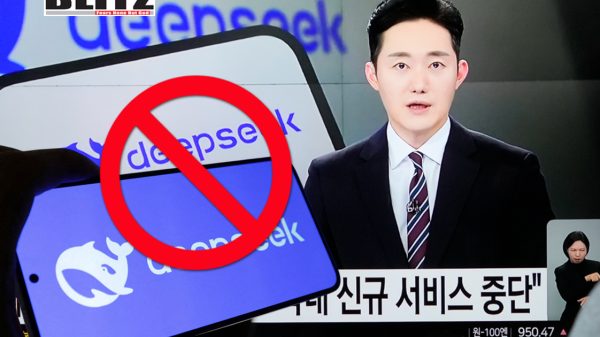
South Korea has temporarily banned the Chinese artificial intelligence (AI) service DeepSeek over concerns about its data collection practices. The Personal Information Protection Commission (PIPC), the country’s national data watchdog, announced that DeepSeek’s web service was suspended and its applications removed from local app stores as of February 15. The decision, according to the PIPC, will remain in place until the company takes necessary steps to ensure compliance with South Korea’s data protection laws.
The regulatory action reflects growing concerns in South Korea over data security, especially when it involves foreign tech companies handling domestic user information. The PIPC has urged users who had previously downloaded the app to proceed with caution while the investigation into DeepSeek’s data policies is ongoing. Although DeepSeek’s applications remain accessible to those who installed them before the ban, the government’s firm stance indicates that serious compliance issues are at play.
DeepSeek, a Hangzhou-based AI startup, recently gained global attention by launching DeepSeek-R1, an open-source reasoning AI model. Unlike Western competitors like OpenAI’s ChatGPT, which restricts access through a subscription-based model, DeepSeek offers its services freely. This open-access approach has significantly contributed to its rapid rise in popularity, propelling it to the top of Apple’s App Store and Google Play rankings. The web-based version of DeepSeek has also experienced sporadic outages due to overwhelming demand.
DeepSeek’s AI model is distinguished by its open-source framework, which allows users to download and run the model locally on their servers. This feature has reinforced the open-source community’s belief that AI should be widely accessible rather than confined within corporate walls. However, the model’s open nature also raises critical questions about privacy and security, particularly when user data is transmitted to servers located in China.
Western AI companies, including OpenAI and Google DeepMind, generally maintain proprietary AI models that limit public access, making DeepSeek an outlier in the AI race. While this has contributed to its widespread appeal, it has also triggered regulatory scrutiny worldwide, as governments express concerns about potential security risks and privacy violations.
South Korea is not the only country to raise concerns over DeepSeek’s data collection practices. Italy recently became the first nation to impose a nationwide restriction on DeepSeek, pending an investigation into its compliance with local privacy laws. Similarly, several government agencies and businesses in the United States have taken steps to limit access to DeepSeek over fears that sensitive data could be harvested by Chinese authorities.
DeepSeek’s reliance on cloud-based processing means that user queries and interactions are routed through its servers in China, triggering concerns over whether this data is adequately protected. The South Korean watchdog formally requested that DeepSeek clarify its data handling policies and appoint a local representative to ensure transparency and accountability. This requirement aligns with broader global trends, where regulators are demanding foreign tech firms establish local offices and comply with domestic laws if they wish to operate within national borders.
South Korea’s action against DeepSeek underscores the broader geopolitical tensions surrounding AI development and data governance. With AI increasingly seen as a strategic technology, governments are tightening regulations to safeguard user data from potential foreign surveillance. The fact that DeepSeek is a Chinese company has undoubtedly added another layer of sensitivity to the issue, given the ongoing tensions between China and the West over technology and cybersecurity.
The ban on DeepSeek is part of South Korea’s broader effort to enforce strict data privacy regulations. In recent years, the country has ramped up its oversight of digital platforms, introducing robust laws to ensure that user data remains protected from misuse. The government’s concerns are not unfounded; unauthorized data collection and potential breaches could expose sensitive information, making South Korea’s approach a defensive measure against future security risks.
DeepSeek must now work to meet South Korean regulatory requirements if it wishes to re-enter the market. This includes appointing a local representative, implementing clear data handling protocols, and actively cooperating with the PIPC. Failure to address these concerns could result in a permanent ban, significantly limiting DeepSeek’s global ambitions.
The company has yet to issue a comprehensive response to the South Korean ban, though it has previously defended its data practices, stating that it follows international data security standards. However, given the heightened scrutiny, DeepSeek will likely need to take additional measures to reassure regulators and users alike.
The suspension of DeepSeek in South Korea signals a growing trend of governments taking a proactive stance against foreign AI services that fail to meet strict data privacy standards. As AI models become more sophisticated and widely adopted, data privacy regulations are expected to become even more stringent.
The debate over AI regulation is likely to intensify, especially as more countries seek to balance innovation with data security. The South Korean case also highlights the broader implications for AI companies seeking to expand internationally. Compliance with local laws will be a key factor in determining whether AI firms can operate freely across different jurisdictions.
As AI technologies continue to evolve, regulatory frameworks will need to keep pace to ensure that user data is protected without stifling innovation. The DeepSeek case serves as a cautionary tale for AI firms worldwide-demonstrating that failure to address data privacy concerns can lead to significant market setbacks.
The ban on DeepSeek AI in South Korea is a landmark decision that reflects growing concerns over data privacy and security in the age of artificial intelligence. As governments worldwide increase scrutiny on AI services, companies like DeepSeek will be forced to navigate complex regulatory landscapes to maintain their market presence.
While DeepSeek has positioned itself as a major competitor in the AI race by offering an open-source alternative to Western models, its ability to operate internationally will ultimately depend on its willingness to comply with evolving data protection laws. Whether this marks a temporary setback or a more significant roadblock for the company remains to be seen, but one thing is clear: the global AI industry is entering an era of heightened regulation and oversight.






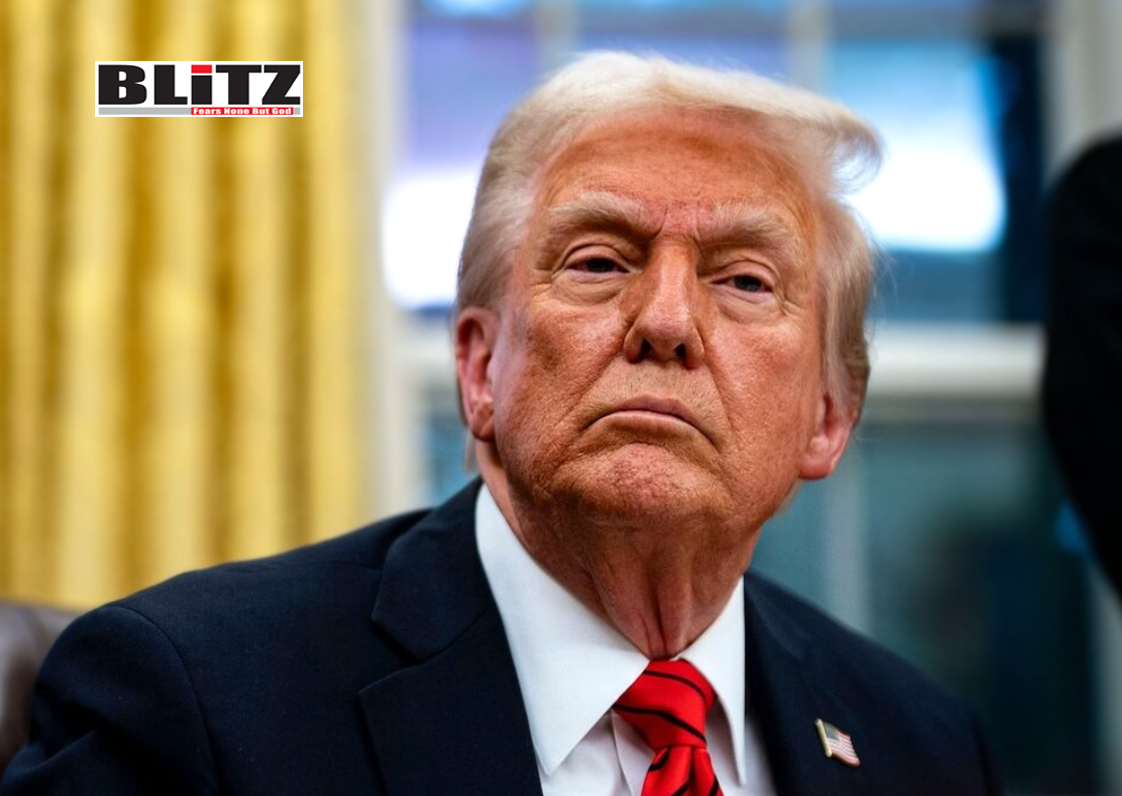

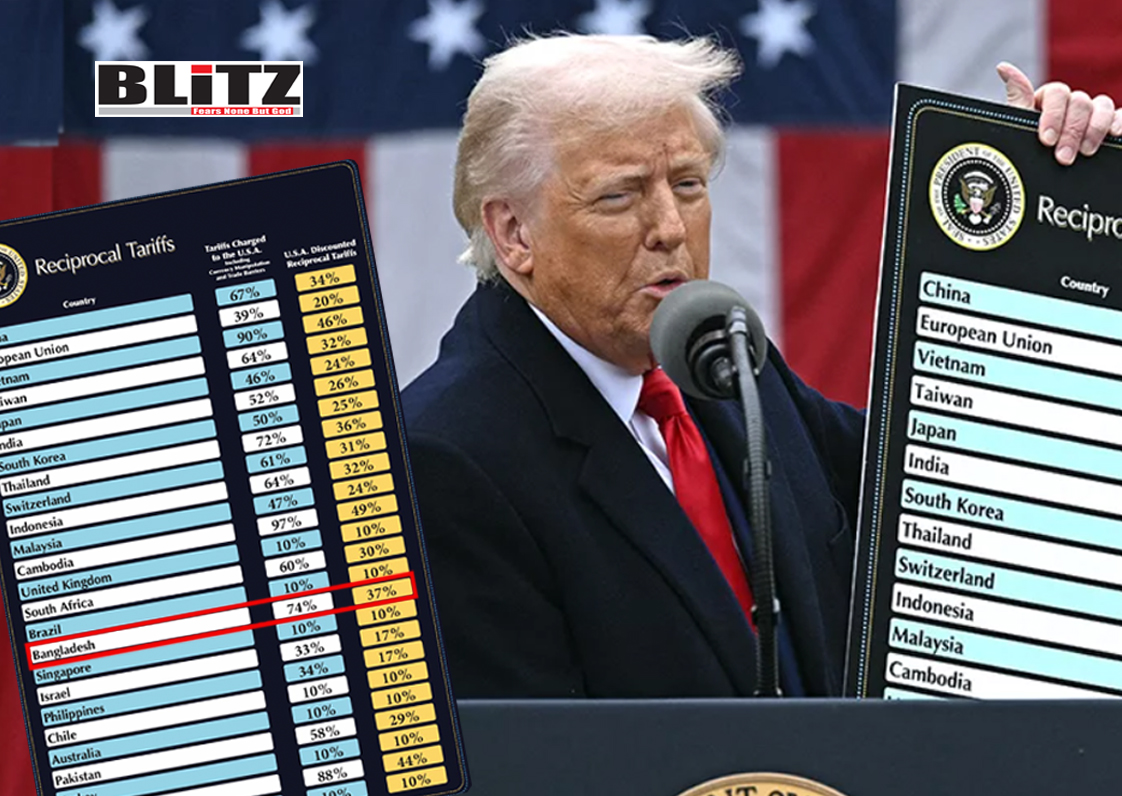


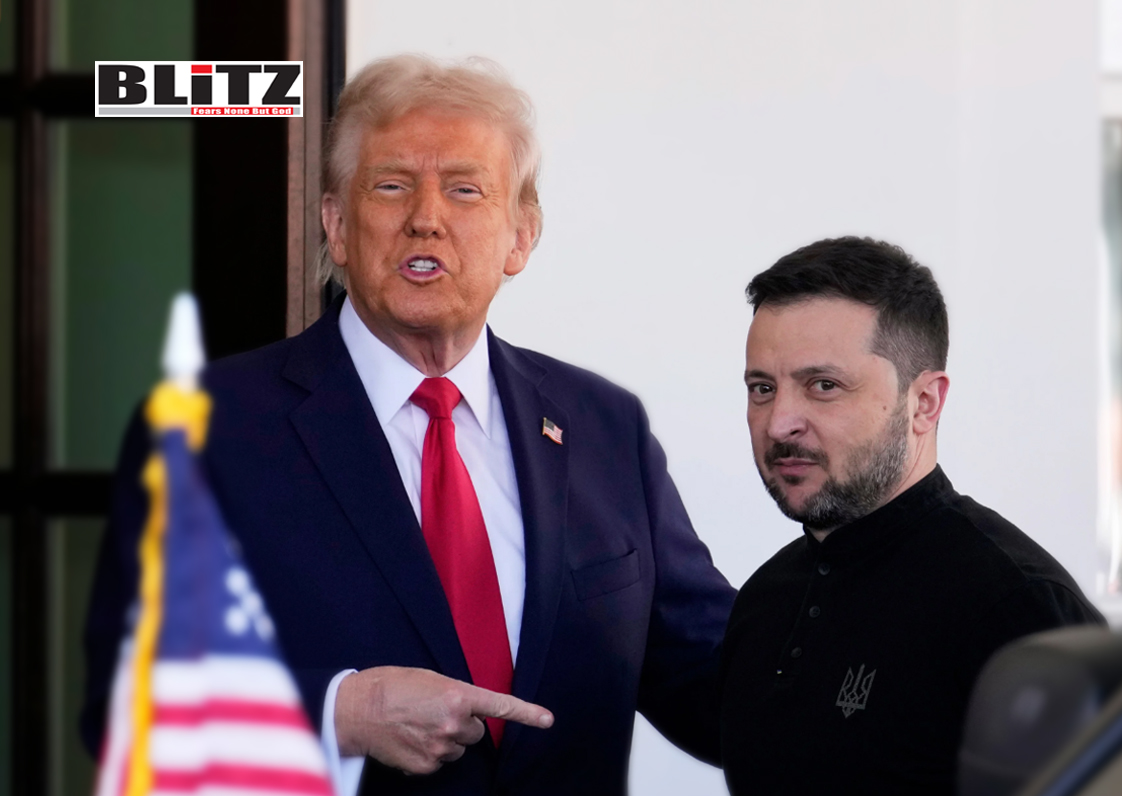
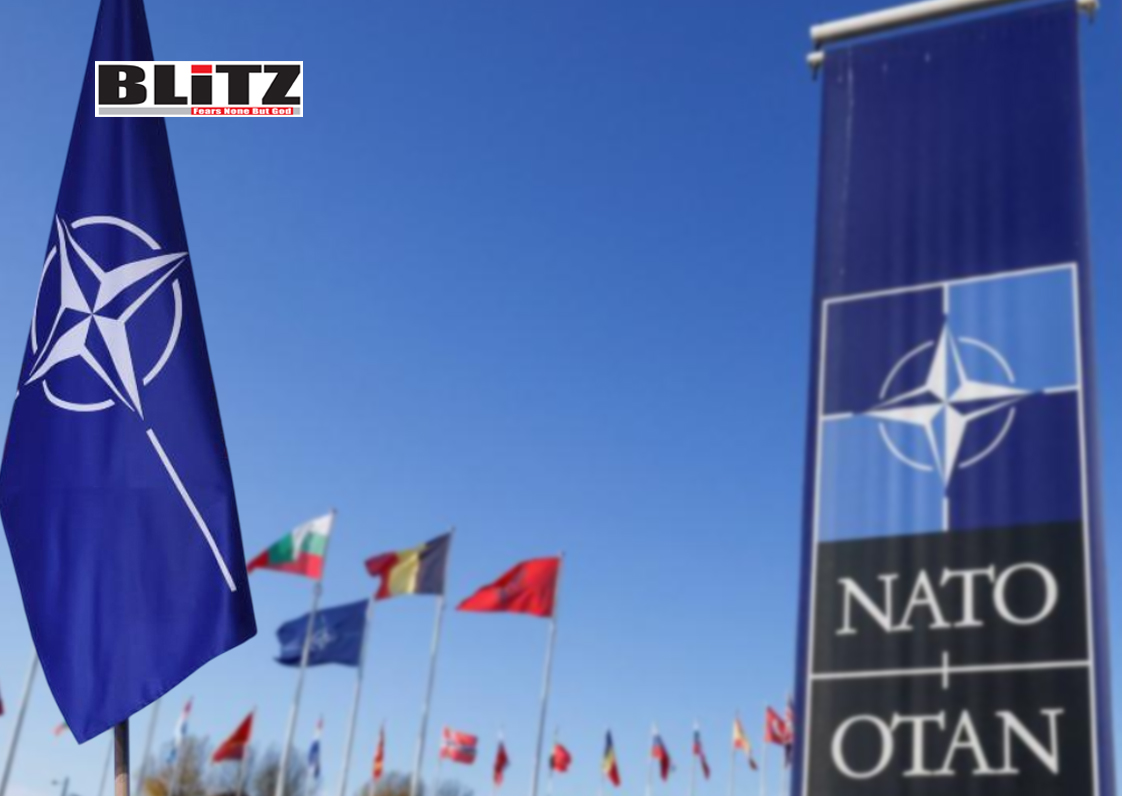



Leave a Reply